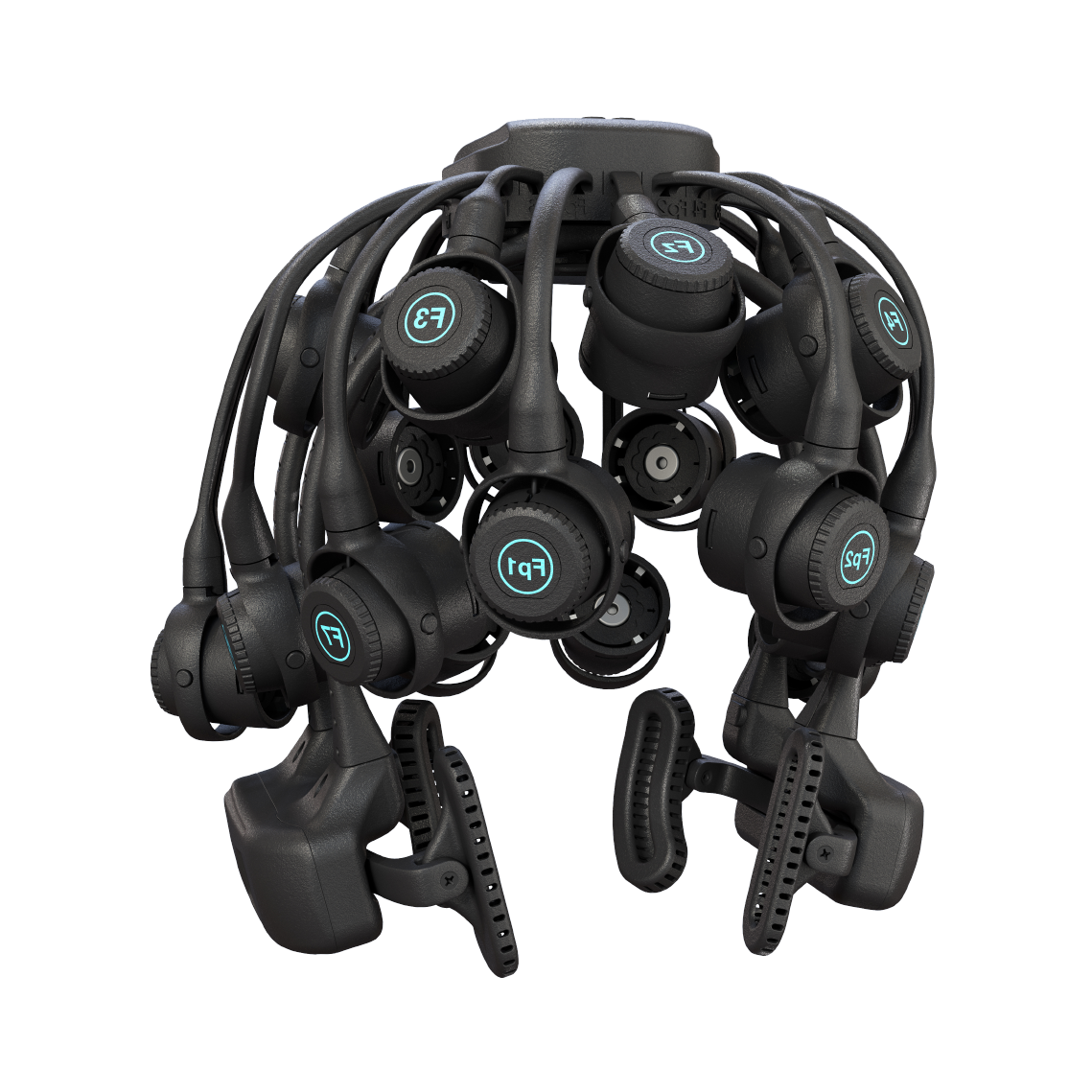qEEG works by placing small sensors on the scalp to capture brain activity. These electrodes measure neural impulses produced by neurons, the cells in the cerebrum that interact with one another. The data collected is then processed and displayed as a series of waveforms. Each kind of neural wave—such as α, beta, delta, and θ—corresponds to different mental states and activities. For instance, alpha waves are often associated with relaxation, while beta oscillations are associated to active cognition and issue resolution. By examining these patterns, healthcare providers can detect abnormalities that may indicate mental health concerns.

One of the significant benefits of qEEG is its capability to provide unbiased information. In contrast to click here to find out more conventional evaluations that rely on subjective accounts from clients, qEEG provides a clear picture of neural function. This clarity can assist reduce prejudices in assessment and lead to more accurate treatment plans. For example, if a client is facing stress, qEEG can reveal specific patterns of neural function that are linked with anxiety disorders. This data enables mental health professionals to tailor interventions more effectively, whether it be through counseling, pharmaceuticals, or other treatments.
Additionally, qEEG can be especially beneficial in monitoring intervention progress. By conducting qEEG evaluations at various stages during treatment, healthcare providers can track variations in neural activity over period. This ongoing assessment assists determine if a intervention is working or if modifications are required. For instance, if a client is not responding to a particular medication, qEEG may show that their brain activity has not changed in a way that indicates improvement. This response cycle can result to more customized and effective psychological health treatment.
In conclusion, qEEG brain mapping is a potent instrument in the field of mental health evaluation. By offering unbiased information about brain activity, it enhances the understanding of various mental health conditions. This technique not only aids in accurate diagnosis but also helps in monitoring treatment effectiveness. As mental health professionals persist to explore the potential of qEEG, it possesses promise for improving the lives of individuals dealing with psychological health issues. With continuous investigation and progress in technology, the secrets of the brain may become clearer, leading to better outcomes for those in need of support.